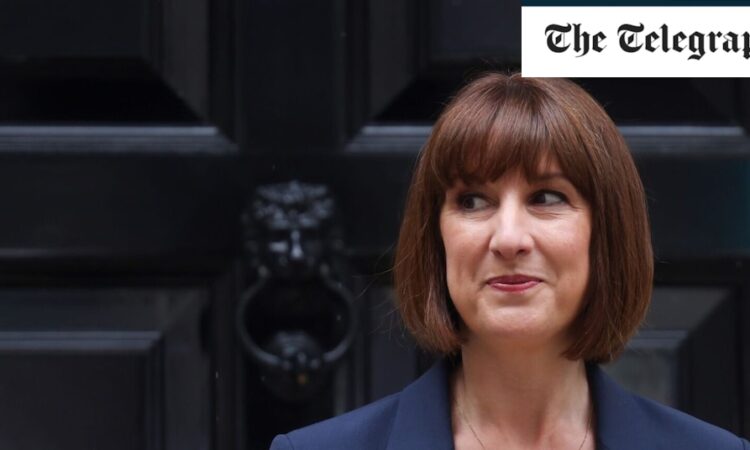
That’s what Reeves is about to do in preparing the ground for a raft of tax rises.
On the stump, she repeatedly gave the impression that Labour would not be raising taxes beyond a limited number of specified measures, such as the ideologically motivated imposition of VAT on private school fees.
Income tax, VAT, national insurance and corporation tax rates would be left untouched, Labour promised.
When challenged on other options for tax rises, Reeves would always insist that they were not needed or were not in her plans.
Hardly anyone believed her, but a promise is a promise. To nobody’s surprise, the plans changed the moment she entered Downing Street.
Armed with the discovery of a gaping “black hole” in the public finances, she’s all of a sudden a convert to the need for a still heavier tax burden.
She’s even being urged by some to break her core tax pledges, by for instance reversing the 4pc cut in employee National Insurance made by her predecessor Jeremy Hunt.
Bitter experience has taught the public to expect political promises to be broken, but if one of your goals is to restore public trust in politics, as the Prime Minister Sir Keir Starmer keeps saying, then this would be a pretty odd place to start.
It would be taking political cynicism to another level entirely, even allowing for the fact that if you are going to breach the manifesto, it’s best to do it early in the hope that voters will forget.
An unforeseen economic crisis might possibly justify such action, but there is no such emergency on the horizon. Ignoring evident failings in the public sector, the economy seems in fact to be functioning remarkably well.
What’s more, the last government under Rishi Sunak can hardly be blamed for the coming surge in public sector pay. The Tories spent the best part of the last two years resisting public sector pay demands, expending considerable political capital in the process.






